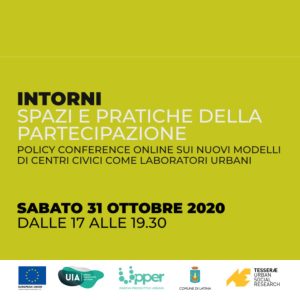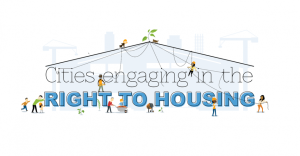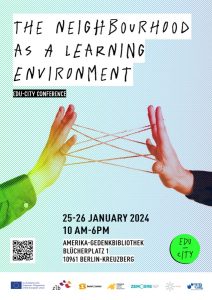
June saw the closing events of the Erasmus+ OpenCCCP project, including its final conference and numerous regional multiplier events. Tesserae was amongst the project’s partner organisations to organise its own regional multiplier event aimed at local activists and community practitioners. Showcasing work from our Collaborative Atlases for Heritage and the Commons workshop that took place in Berlin in 2020, the event offered new perspectives on the city’s Schöneberg district, which was our chosen area for community research and development within the OpenCCCP project, whilst also inviting participants to explore and engage with proposals for new initiatives in the neighbourhood.
A video recording of the multiplier event presentation is now online.
Representatives from Tesserae additionally participated in the OpenCCCP’s main final conference, a video recording of which is also now available to watch online.


